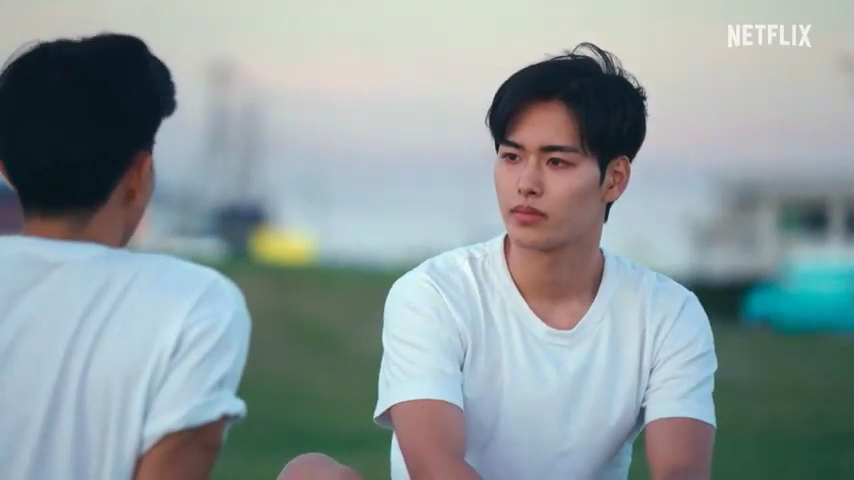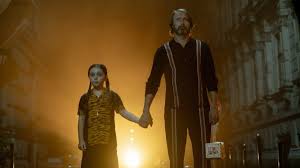The Boyfriend Review 2024 Tv Show Series Cast Crew Online
If you have watched Terrace House, the setting will be familiar, as will some of the faces on the talking panel that comment on the happenings in the series. Instead of three guys and three girls, we have eight single gay men, ranging from 22 to 36, moving into a share house, looking for connection and love. This represents a huge step for Japan where maid cafes operate openly but most queer establishments remain discreet or underground, thereby sending the message to queer Japanese people that they have to stay invisible.
The Boyfriend takes Japanese gay culture to the mainstream and on the biggest streaming platform, so its significance cannot be overstated. However, it suffers from a visibly low budget, which hampers the natural development of relationships between the men and results in a very static atmosphere. It begs the question of whether the lack of funding has anything to do with the sexuality of the housemates.
The house pales in comparison to the luxury displayed in seasons of Terrace House, which allowed the housemates to go about their regular lives and their interactions were mostly unscripted. Here, the men are tasked with operating a coffee truck to earn extra income to supplement their daily living allowance of 6000 yen, which is only US$5 per person. As a result, they have to take a break from their careers to be on the show and we do not get to see them interact with each other in their natural environments.
Instead of focusing on the dynamics between the housemates, as we saw in Terrace House, there are banal distractions like negotiating the budget for one housemate’s penchant for boiled chicken. With only one ostensibly queer person on the panel, almost serving as a cultural representative, the straight members of the panel were out of their depth when commenting about nuances between the gay men that they do not comprehend.
Of all the housemates, Usak, the Adonis gogo dancer, showed a moment of rare vulnerability when he expressed that he did not know who he was because he has been so dependent on meeting the expectations of others to the expense of his authenticity. This is true for many gay men and it arises from a fear of rejection. When they have faced rejection from family, community and society for as long as they have been gay, it seems especially cruel to set these men up for unnecessary rejection through gimmicks, such as writing each other anonymous letters, for the sake of creating drama and suspense, instead of encouraging direct and open communication.
Despite being a much belated pioneer of its kind in Japan, I struggle to rate The Boyfriend any higher due to its severe limitations. If granted the budget of Terrace House and a more diverse panel, it has the potential to be much better. It is still worth watching for one particular mysterious and capricious heartbreaker of a housemate; he is the epitome of never “judging a book by its cover”.




